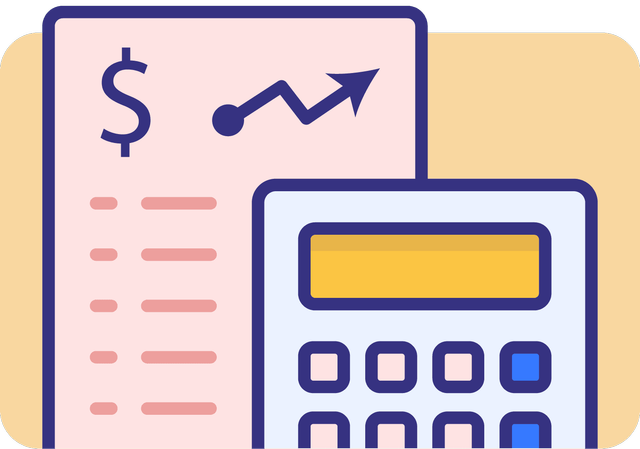What is the privacy policy for a website?
A privacy policy is a mandatory legal document which informs your website’s visitors about how your company collects personal information, how it uses or shares it if needed, how it securely stores it and what rights do the visitors themselves have over that information. In more detail, it mentions precisely:
- What data you collect: for example name, IP address, email or more
- Why you collect them: there is a legal basis under GDPR about that underlining consent, legitimate interest and more
- How you collect them: for example via cookies or forms
- Where and how are the data stored, with the main concern being security
- How long you keep the data
- And finally, who has access to them
Why do we need privacy policies?
There are many different reasons why we need website privacy policies, from legal requirements to credibility and transparency. Let’s see why do we really need website privacy policies:
Legal Compliance
Difference laws in different geographic areas mandate different ways of data collection:
- GDPR for the EU: specific reasons for data collection need to be outlines, as well as legal issues such as consent and retention
- CCPA and CalOPPA for the State of California in the US: Mainly regarding commercial websites, those regulations also refer to corrections and deletion of data as well as full disclosure regarding sources, use, potential third-party recipients and consumer rights.
- Other laws include CPA in the State of Colorado in the US, PIPEDA in Canada and the Australian Privacy Act.
Credibility
A well-defined and well-written privacy policy shows to your website visitors that all of your data is being treated with respect and care, and they are protected. According to Cookibot, 79% of website users feel more comfortable with a company when they get a clear idea of their data collection and usage. In simple words, by avoiding complications, a privacy policy for a company website helps the company attract more customers and therefore be more profitable.
Integrations
Big service providers such as Google or Meta require a website privacy policy in order for an integration to happen. So if you don’t have one, you might not be able to use their tools and services.
Risk Management
By having a website privacy policy a company itself can have a better understanding of their own data and workflows, enforce their security measures and potentially implement new protocols if needed.
What should your website privacy policy include
1. Intro
Company ‘about’, company goals, “Last updated” date
2. What data does the company collect
Personal info (name, email), technical data (IP, browser, device), sensitive categories if applicable
3. How is this data collected
Forms, cookies, third parties
4. Legal matters
Mainly compliance with GDPR (for EU)
5. How does the company use the data
Internal use only, sharing, metrics, marketing, legitimate interest, other legal reasons
6. Sharing
If the company does shares the data, with whom and why
7. Users’ Rights
Access to data, alterations, withdrawal of consent or objection, deletion
8. How long does the company keep the data and where
9. Security measures in place (such as encryption)
10. Policy Updates
How does the company do updates and how are those communicated
Important points to remember when creating a privacy policy
- Legal obligations
- Data collection mapping: an audit can help you see with clarity from where you collect your data
- Use simple language: You don’t want to confuse your website’s visitors with legal terms, rather than ensure them that their data are in safe hands
- Mention cookie policies separately within the privacy policy - again for clarity reasons
- Make it all transparent and visible to ensure that everyone has access to the policy
- Review your policy monthly or annually depending on the company needs and the audience number

Expert Accounting Help | EasyBiz
Payroll services and accounting from €90. Expert team ready to help.
Learn morePrivacy Policy Tools & Resources
- Enty.io: Privacy Policy Breakdown – Outlines critical clauses and template tips.
- Termly: How to Write a Privacy Policy – A step-by-step guide with templates and checklist
- Cookiebot: How to Write a Privacy Policy – Especially useful for cookie consent integration
- Mailchimp: Privacy Policy Tips – Focuses on legal protection, trust, and U.S. compliance
- Termly: Templates & Generators – Customizable policies and auto-populating policy generator
Conclusion
Is having a privacy policy for your company website an easy task? Maybe not, but it is a necessary step to follow in order to have a completely compliant website.
For the end, let’s clarify something people often confuse:
- Privacy policies and terms of use or service is not really the same thing.
- Terms of service focus on site use, such as payments or rules, while a privacy policy in place exists exclusively for the collection of personal data, if such the case.
- Privacy policies differ from any internal security policies or privacy notices, so beware that having those does not mean you are covered to the privacy policy level.
Unless your website does not collect personal data at all and in any way, you cannot avoid creating your own privacy policy, but hopefully, after reading this article, you already have a better idea of where to start, at least.



